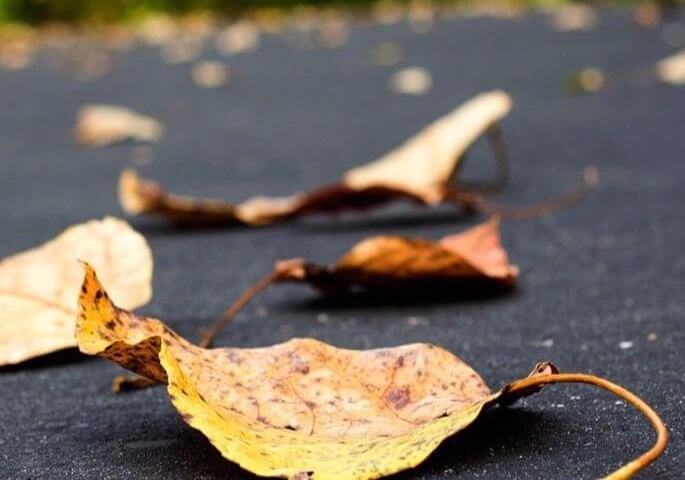There are many options and resources to choose between when it comes to remodeling or repairing a driveway. This can make it challenging to determine what the best material is for your needs. A good driveway should be durable, long-lasting, as much as it should blend with the aesthetic of your home. To allow you to make the best decision possible as to which driveway is best for you, below are some descriptions and analyses about the most common materials and methods used in driveway paving today. After reviewing them, you’re sure to have all of the information you need to talk with our experts about getting started on your ideal driveway.
What Surface Material for your Driveway?
In the western Canadian climate, driveways need to be able to expand and contract with frosts and polarizing temperatures. As you have noticed, climate change means even Vancouver is not getting hotter and colder weather than used to be the case.
This means that only a small selection of materials is viable when it comes to creating a driveway. The most common of these are asphalt, concrete, and interlocking stone or paving stone. These substances make for prime building materials in harsh northern climates, and they also retain other surface advantages. Many people also consider gravel driveways as a legitimate option; however, gravel requires consistent upkeep, performs poorly in winter weather, and is a less aesthetically pleasing choice. For British Columbia specifically, the first three options are the only real contenders. Each of these has a variety of pros and cons which are worth considering.
Asphalt Driveway
An asphalt driveway is a very popular option for many homeowners, partially because of its convenience and cost. Of the three materials listed above, it is not only the easiest to repair but it can also the cheapest. A proper foundation is particularly essential for asphalt driveways and to understand why you can read our page on “How much does driveway asphalt paving cost?” While asphalt driveways are easy to maintain, this type of driveway may need to be repaired more often than it’s concrete or stone counterparts. It’s also important to note that asphalt can be susceptible to extreme heat and may soften in the summer months. Finally, the edges of an asphalt driveway need to be angled on a gradient sloping towards the ground or alternatively, be surrounded by a supporting border. An effective solution to this problem is to lay interlocking stone around the edges of an asphalt driveway which allows for the proper gradient drainage all while looking fantastic.
Concrete Driveway
Concrete is great because it can be a more versatile material than asphalt when it comes to aesthetic choices, although it also tends to be more expensive. Driveway patterns or colors can also be embossed onto the surface, which will brighten the appearance of your driveway. Additionally, concrete has increased longevity as compared to asphalt, with a lifespan of 30 to 40 years unless significant cracks are encountered. It is worth noting that cracks in concrete are much more challenging to repair than cracks in asphalt. When concrete cracks, most of the time, it is due to shrinkage caused by a discharge of excess water in the concrete mix; however, this can be remedied by installing control joints. While control joint installation can make the initial construction of a concrete driveway a longer and more complex process, it ensures the durability of the surface and will make for a stable parking or driveway area that lasts for decades.
Interlocking Stone Driveway
Interlocking stone will offer the most variety when it comes to the styles and appearance of your driveway in terms of colors, shapes, and patterns. The actual material of interlocking stones can vary from concrete pavers to natural cobblestone or granite and with this variation price also changes. Like concrete driveways, a stone surface will tend to last for around 30-40 years, and while cracks or damage tend to be less frequent, they are also more expensive to repair. Finally, the small spaces between stones can sometimes cause issues when it comes to snow removal in the winter or the growth of plants and weeds during the summer months. For this, a standard solution is to service the cracks with polymeric jointing sand to improve the stability, durability, and climate practically of an interlocking stone driveway.
